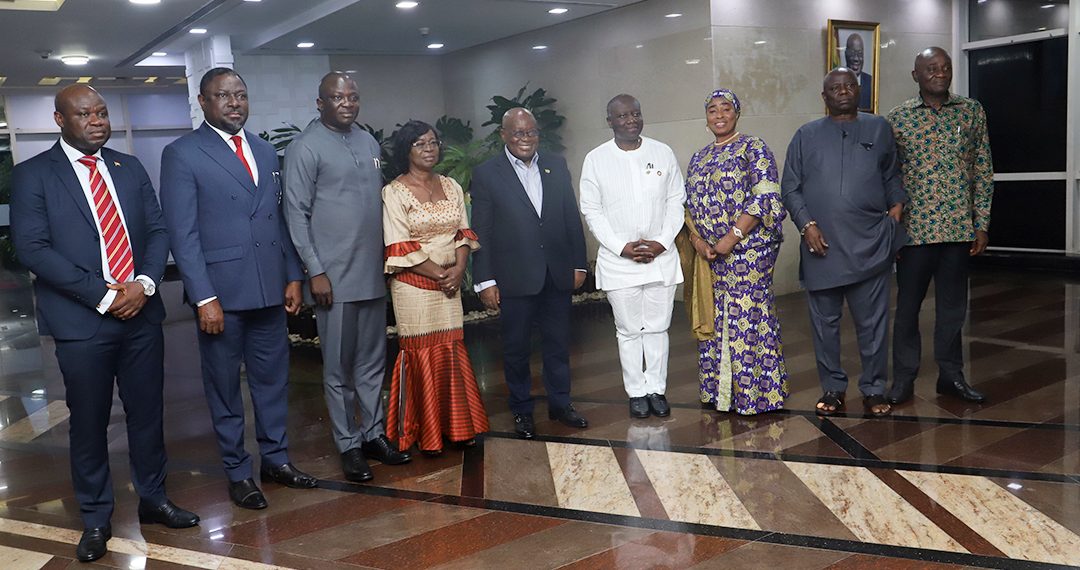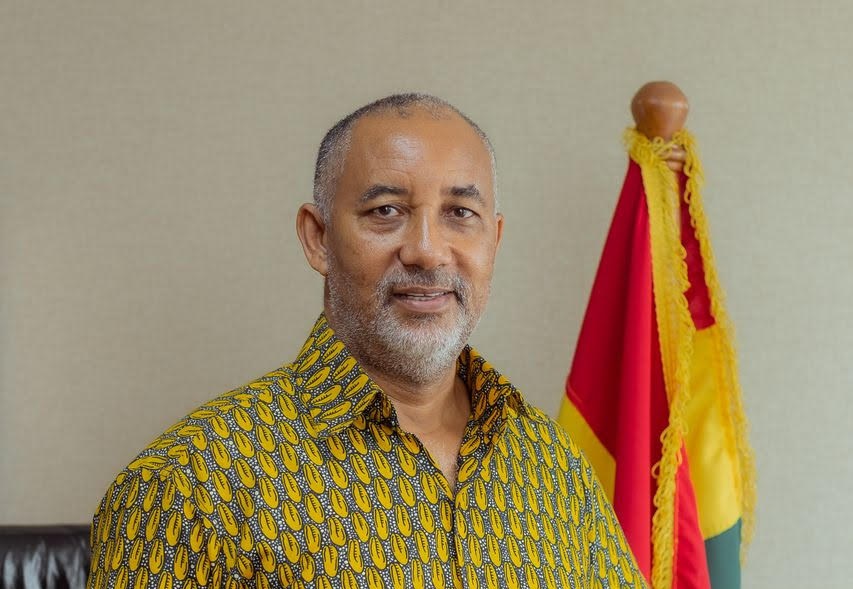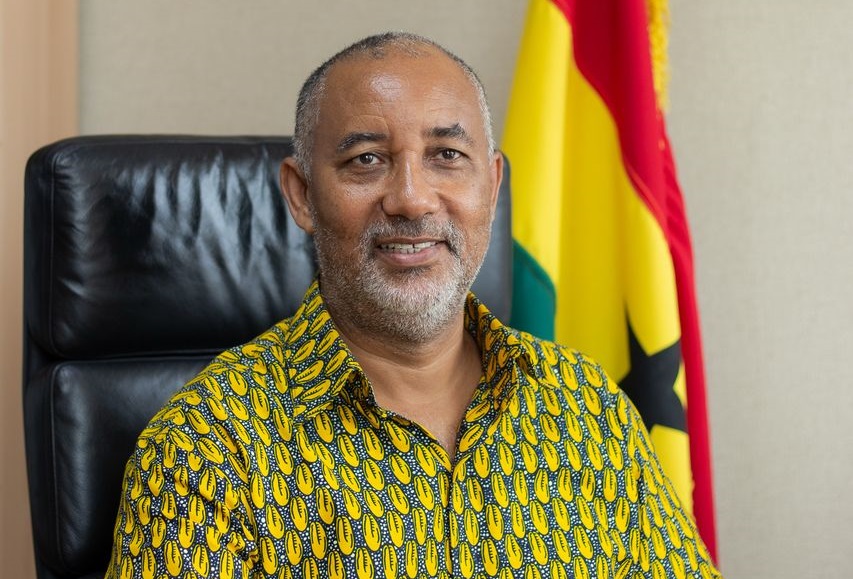The Government of Ghana has selected the Millennium Development Authority (MiDA) to implement and coordinate the activities of the Economic Enclaves Project (EEP) under the GHANACARES programme.
The decision is in recognition of MIDA’s track record in effective programme management of the two Millennium Challenge Compacts and its capacity to handle related accountabilities.
MiDA is expected to adopt and follow the same systematic approaches to project management that characterised the implementation of the two compact projects it executed.
President Nana Addo Dankwa Akufo-Addo announced this when he swore in the board members of the new MiDA for Ghana Cares Obaatanpa Project at the Jubilee House in Accra last Wednesday.
“It is important that I emphasise that this new approach to state-sponsored large-scale commercial farming is not fashioned after the erstwhile government-owned state farms concept,” he insisted.
Already, some chiefs and landowners across the country have offered large tracts of land for the project, and the President commended them for buying into the vision.
He announced that a pilot rice project on a 10,000-acre land near Asutsuare was at an advanced stage, and that the produce from the enclave would be on the market in 2024.
MiDA implemented two Millennium Challenge Compacts; the first from February 2007 to February 2012, and the second one from September 2016 to June 2022.
President Akufo-Addo said while the quantum of the budget earmarked for the EEP and the related funding arrangements was different from those of the two compacts, it was expected that all the implementing entities would work speedily and harmoniously to realise the outputs expected from the novelty agricultural-focused Economic Enclaves to be set up across the country.
He explained that under the EEP, the government was facilitating suitable and well-prepared land fitted with farm roads, power supply, irrigation, farming equipment and the much-needed infrastructure, trainee farmers’ accommodation, grain process input, storage and warehousing.
He charged the MiDA board to ensure the necessary de-risking and facilitative arrangements initiated by the government which involved all the implementing entities and project partners to be sustained in order to support the realisation of the government’s vision of enhancing self-sufficiency in the production of rice, poultry and tomatoes, among others.
48 Engineer Regiment
The President announced that the 48 Engineer Regiment of the Ghana Armed Forces was involved and would take charge of the land preparation and development, while Ghana Irrigation Development Authority and the land surveys were involved in the provision of irrigation infrastructure.
President Akufo-Addo said it was expected that the participation of private sector investors in the activities would ensure sustainability and encourage the youth to join in and play meaningful roles in commercial farming.
He added that it would culminate in a group of young farmers with the capacity to undertake modern farming on a sustainable basis.
The National Entrepreneurship and Innovation Programme and the National Service Secretariat would facilitate the recruitment of the youth to participate in the project.
The MiDA Board
The new governing board of the MiDA has Professor Yaa Ntiamoa-Baidu, as chairperson, Mr. Martin Eson-Benjamin, Chief Executive Officer, MIDA, Bryan Acheampong, Minister for Food and Agriculture, Kenneth Nana Yaw Ofori-Atta, representative from the Ministry of Finance, and K.T. Hammond, Minister for Trade and Industry.
The rest are Dan Botwe, Minister for Local Government, Decentralisation & Rural Development, Abudu Lariba Zuweira, Minister Gender, Children & Social Protection, Osei Assibey Antwi, Executive Director, National Service Secretariat, Dr. Kwasi Humphrey Ayim-Darke, representative of the Association of Ghana Industries and Mark Badu-Aboagye representative of the Private Enterprise Foundation.



